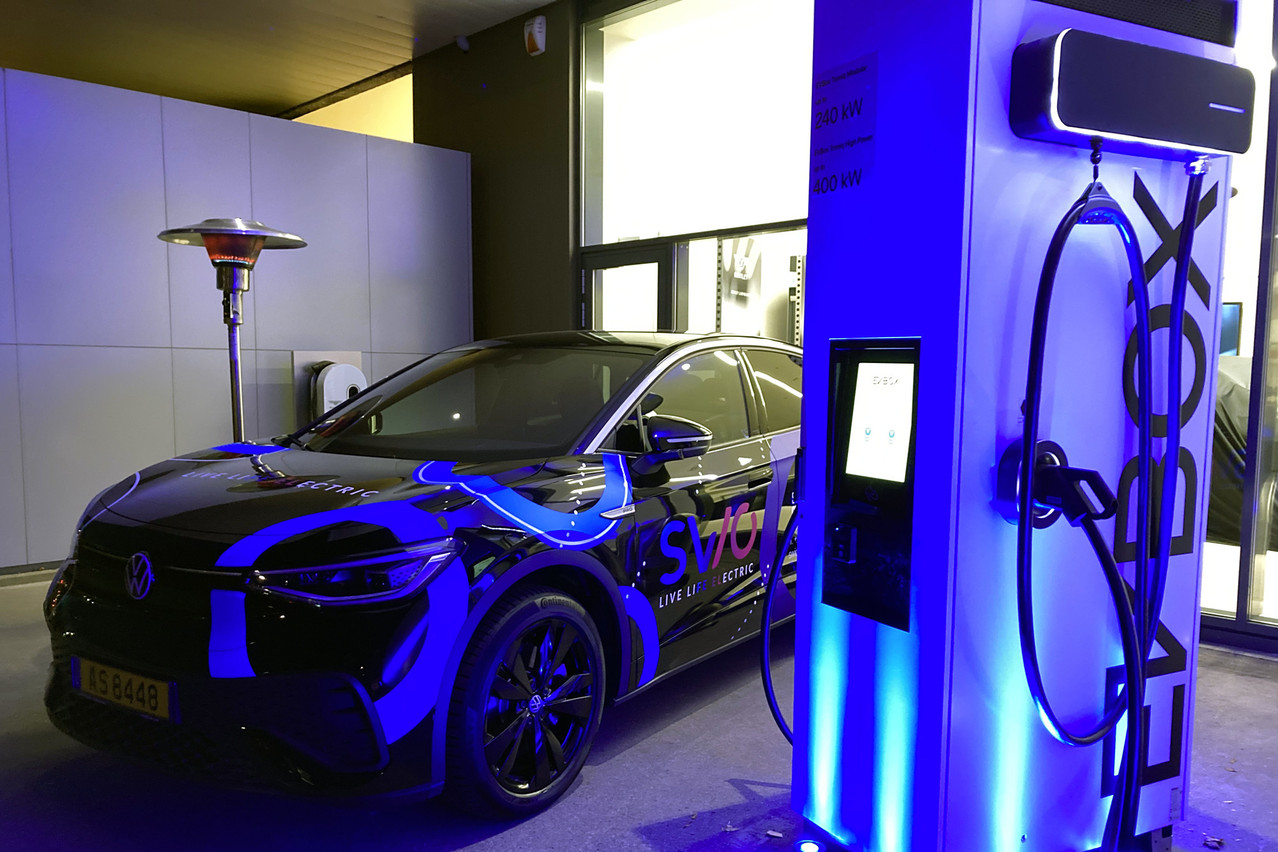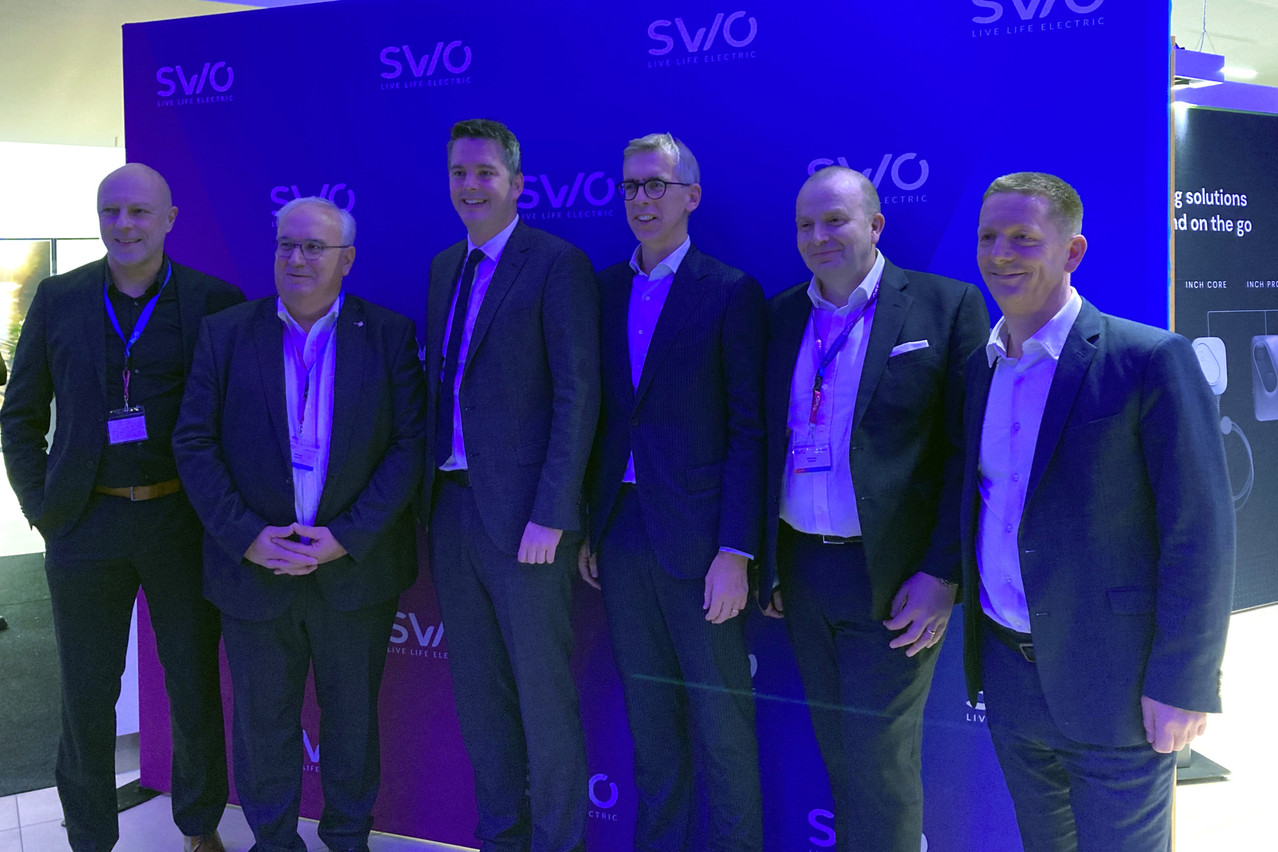Swio is an idea conceived by Losch and Socom to provide a single point of contact for those who are reluctant to buy an electric vehicle. On the website comes a promise: “We take care of everything: equipment and installation, settlement with the electricity supplier and everything else--including managing the bill.” Solutions are on offer for business and private individuals alike, ranging from €630 to €1,550.
The capacity of electric car batteries may be improving (the Volkswagen ID.7 now gets up to 700km per charge), but people still worry about getting stranded. Some 80% of battery-charging takes place at home, meaning that charging points at workplaces and public spaces remain key.
Into this space come Losch and Socom and their joint venture, which is seeking to instal over 1,000 new public charging points by 2030. Some 800 Chargy charging points already exist in Luxembourg, but this (it is estimated) won’t be enough to cover rising demand.
“The development of charging points goes hand in hand with the development of electric cars,” says Losch’s Alex Michels, who doesn’t foresee issues with a lack of charging points. “The more cars there are on the market, the more charging points there will be, and the more charging points there are, the more cars there will be, and so on.”

A Swio charging point for electric cars. Photo: Emilio Naud/Maison Moderne
In Luxembourg today, just under 5% of the car fleet is 100% electric. If hybrid cars are also taken into account, the figure rises to just over 7%.
“If we focus on the current year, however, at Losch Luxembourg the proportion of new electric vehicles registered has exceeded 20%,” says Losch Luxembourg COO Michael D’Agostino. “Last year, the figure was close to 15%.”
To achieve the decarbonisation targets set out in the Integrated National Energy and Climate Plan, 49% of the car fleet will have to be electrified by 2030. To achieve this, the government has introduced several types of financial support for the deployment of electric mobility infrastructure. By 2022, 1,822 applications had been submitted for assistance with the installation of private charging points for electric vehicles.
At the event on 7 December, economy minister (DP) reiterated his desire to have exclusively electric public transport by 2030. That leaves just six years to make it happen.
This article in Paperjam. It has been translated and edited for Delano.
